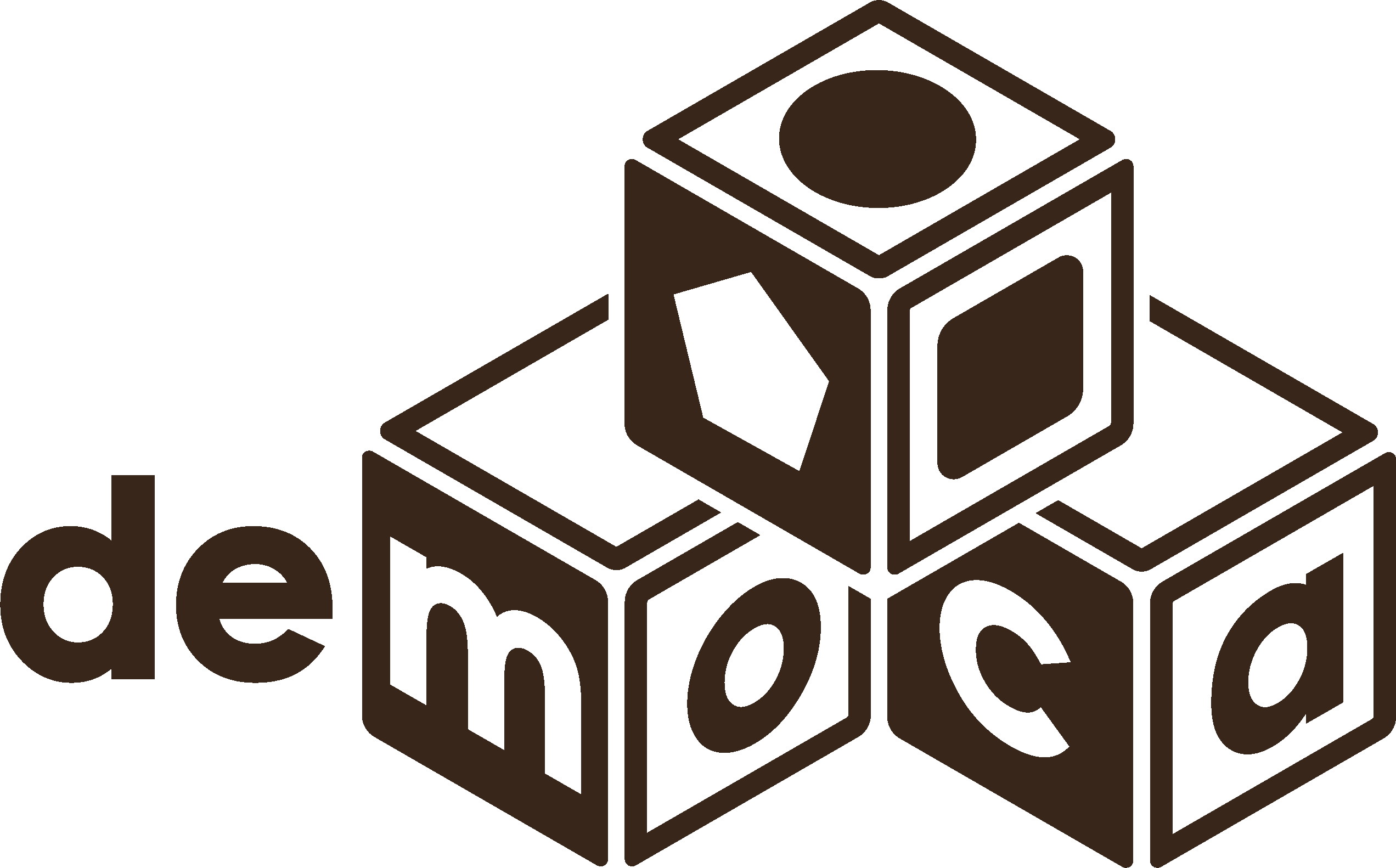
Freedom, The Montessori Way!
Aug 01 , 2022
"To let the child do as he likes when he has not yet developed any powers of control is to betray the idea of freedom." - Dr. Maria Montessori, The Absorbent Mind.
The most popular false idea about Montessori is that children can do whatever they want when they want.
The guided freedom!
In Montessori, we offer each child the opportunity to move and act freely in a PREPARED ENVIRONMENT. Read that again! When the environment is properly prepared, children are set for success with gentle guidance from an adult, building their way to independence.
Since learning begins from the day your little one is born, you could safely prepare an environment for him to explore and learn.
The "No" environment and why it's not working for the child!
They often hear "No," "No, you can't touch/climb/do/jump/take/put that!". The message you send with each "No" is that he is not good enough for this world, not competent enough, and he cannot take any action on his own.
When a child has the liberty to choose what to do and learn in a prepared environment, he realizes that he is free and able to select from the materials given, develop his skills at his own pace, to repeat when necessary to strengthen his skills. And with all that come focus, control, patience, and confidence that any human should grow and nurture during the first years.
That is why you'll often see child-sized materials in a Montessori home so young children can make the most of the environment without struggling to use certain items. The freedom to access specific work appropriate to their age allows them to learn uniquely and at their own pace. When preparing the environment, consider their interests and particular needs according to age and personality.
Offering clear choices!
When allowed to choose, toddlers feel respected and trusted with their choices. While the limit you set is clear for everyone (like wearing boots when snowing), the freedom to choose gives them a sense of control (the black or the red boots, their choice).
The observant adult!
We often see kids playing and learning alone or with other kids in a Montessori environment. It almost seems like they do not need any adult supervision or teaching. False! The adult does one of the most important tasks in Montessori: he observes. And based on his observations, he prepares the following work materials according to the child's need and progress or prepares to guide the little one when needed. While this seems overwhelming, you'd be surprised how much information you can gather by just observing your little one playing.
How to set limits, Montessori way!
Have clear rules in the house, but not too many like "Wash dishes after done eating," "Wash our teeth each morning and night," and so on.
Explain by getting down on their level. Try to use a firm tone while speaking clearly. Kids might get sad or angry, avoid acting out, try to accept their feelings, and help them manage their emotions.
Explain the limits, using natural and logical reasons and consequences. If they ask a question about a limit, show them respect and use logic to explain to them the reason, this will help them rationalize the limits.
Get them involved in the process. Working together to find a solution to a problem gives them enough autonomy that they crave. You'll be amazed at how creative kids can get when faced with a problem.
